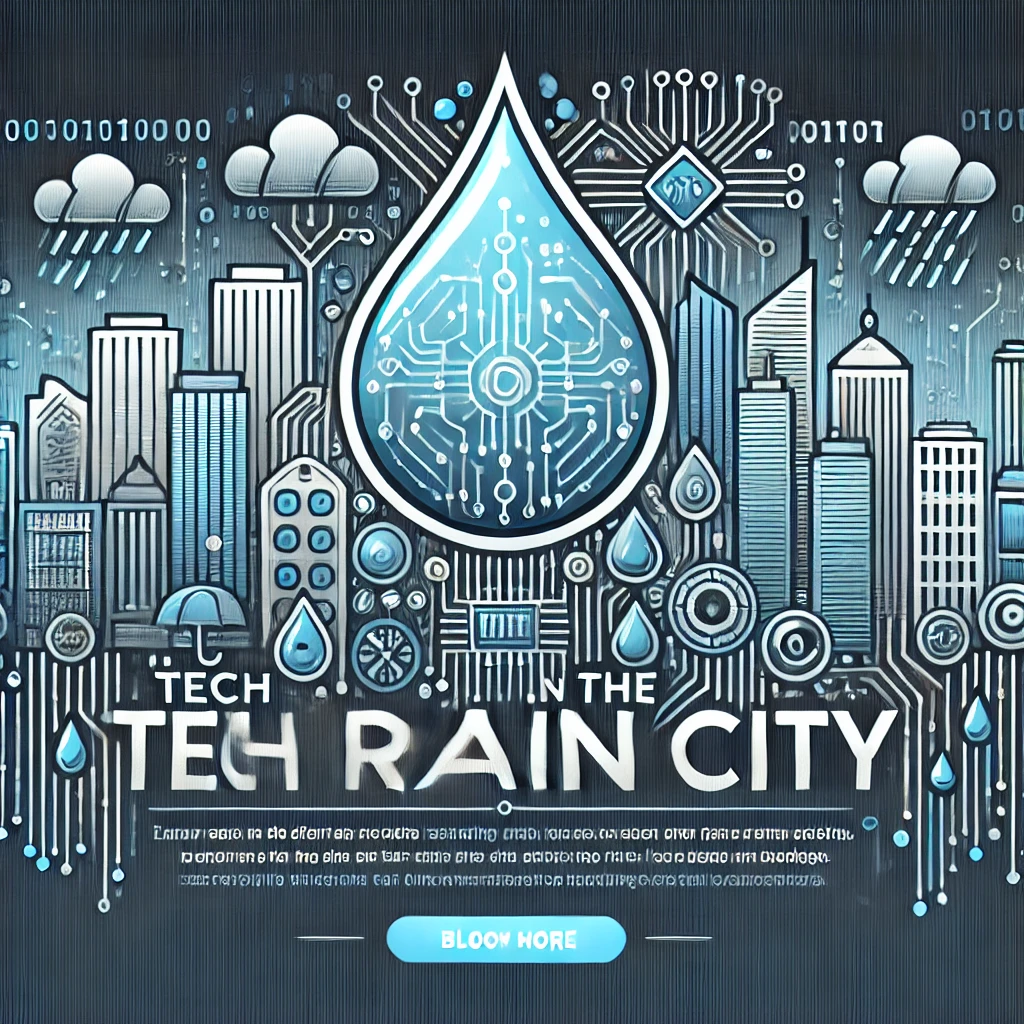Washington State stands out among U.S. states due to its remarkable diversity in geography, climate, ecology, economy, and culture. This comprehensive analysis explores the multifaceted aspects that make Washington truly distinctive.

1. Geographic and Climatic Diversity
Washington's geography is exceptionally varied, with seven distinct physiographic regions creating a landscape of stark contrasts:
Western Washington
- Characterized by a mild, marine climate with abundant rainfall
- Home to the Olympic Mountains, Puget Sound, and numerous islands
- Heavily forested with temperate rainforests
- Major urban centers like Seattle, Tacoma, and Olympia
Eastern Washington
- Features a more continental climate with drier, hotter summers and colder winters
- Dominated by the Columbia Plateau and rolling hills
- Receives significantly less rainfall due to the rain shadow effect of the Cascades
The Cascade Mountain Range
- Divides the state into two distinct halves
- Creates dramatic climate differences between east and west
- Receives up to 200 inches of snowfall annually
- Home to volcanic peaks like Mt. Rainier (14,408 ft), Mt. Adams (12,307 ft), and Mt. Baker (10,730 ft)
This geographic diversity results in microclimates that support a wide range of ecosystems and agricultural activities.
2. Ecological Richness
Washington's varied landscapes foster an impressive array of ecosystems:
Coastal Rainforests
- Characterized by moss-draped trees and lush forest floors
- Home to some of the world's largest spruce, Douglas fir, and western red cedar trees
- Supports diverse epiphytic plant communities
Alpine and Subalpine Zones
- Found in higher elevations of the Cascade and Olympic Mountains
- Features unique plant communities adapted to harsh mountain conditions
Shrub-Steppe
- Dominates much of Eastern Washington
- Characterized by sagebrush and bunch grasses
- Supports diverse wildlife adapted to arid conditions
Lowland Forests and Prairies
- Once widespread in Western Washington
- Now rare due to urban development
- Home to unique species like Garry Oak
3. Economic Diversity and Innovation
Washington's economy is uniquely diversified, blending traditional industries with cutting-edge technology:
Aerospace
- Home to Boeing and over 1,300 aerospace-related companies
- Leader in composites, unmanned aerial systems, and commercial space exploration
Technology
- Major hub for companies like Microsoft, Amazon, and numerous startups
- Strong focus on cloud computing, AI, and software development
Agriculture and Food Manufacturing
- Second in the nation for crop diversity with 300 different commodities
- Leading producer of apples, cherries, hops, and pears
- Emerging focus on agri-tech for crop management and yield improvement
Clean Technology
- Pioneering renewable energy sources including wind, solar, and tidal power
- Strong emphasis on sustainable development and environmental protection
Forestry
- Third largest manufacturing industry in the state
- Focus on sustainable forestry practices and value-added wood products
4. Cultural and Historical Significance
Washington's cultural landscape is shaped by its diverse history and populations:
Native American Heritage
- Rich indigenous history with numerous tribes each having distinct cultures
- Ongoing influence on state policies, particularly in natural resource management
Pioneering Spirit
- History of exploration and settlement, including figures like George Washington Bush
- Continued emphasis on innovation and forward-thinking policies
Environmental Consciousness
- Strong public support for conservation and sustainable practices
- Leading the nation in various environmental initiatives
5. Education and Research
Washington is a hub for education and cutting-edge research:
- Home to world-renowned institutions like the University of Washington
- Strong emphasis on STEM education and research
- Leading in fields such as biotechnology, information technology, and clean energy
Conclusion
Washington State's unique blend of diverse geography, rich ecosystems, innovative economy, and cultural heritage sets it apart from other U.S. states. From its rainforests to its tech hubs, Washington offers a microcosm of environments and opportunities that few other states can match. This diversity not only shapes the state's identity but also positions it as a leader in addressing future challenges in technology, sustainability, and cultural integration.
Citations:
[1] https://choosewashingtonstate.com/research-resources/about-washington/climate-geography/
[2] https://www.wnps.org/ecosystems
[3] https://governor.wa.gov/issues/economy
[4] https://textbooks.whatcom.edu/tlwahist/chapter/lesson2/
[5] https://www.officialhacksandwonks.com/andrew-villeneuve-northwest-progressive-institute/
[6] https://stateofwatourism.com/plan-your-trip/climate-and-seasons/
[7] https://choosewashingtonstate.com/why-washington/our-key-sectors/
[8] https://wrcc.dri.edu/Climate/narrative_wa.php
[9] https://www.wfpa.org/forest-facts/washington-forests/
[10] https://library.fiveable.me/hs-washington-state-history/unit-4
'Life' 카테고리의 다른 글
| New Changes for Electric Vehicles in the US in 2025 (0) | 2024.12.14 |
|---|---|
| New Things to Know About Seattle for 2025 (0) | 2024.12.13 |
| Best Colleges in Seattle for 2024-2025 (0) | 2024.12.13 |
| Best Middle and High Schools in Seattle for 2024-2025 (0) | 2024.12.13 |
| The Best Elementary Schools in Seattle 2024-2025 (0) | 2024.12.13 |

